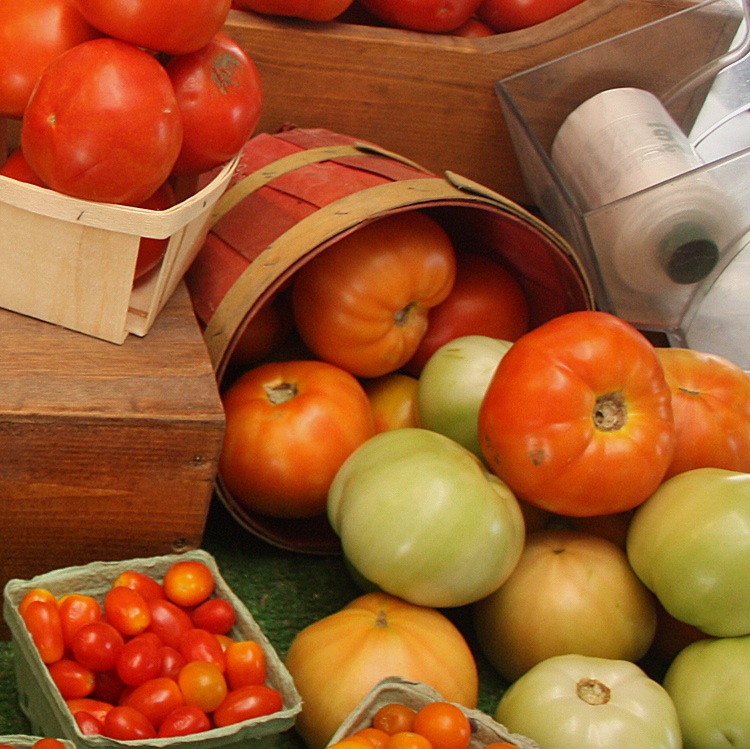Nov 18, 2019USDA acts to protect US from tomato brown rugose fruit virus
USDA’s Animal and Plant Health Inspection Service (APHIS) is taking immediate action to prevent the introduction of tomato brown rugose fruit virus into the United States and protect U.S. tomato and pepper production worth more than $2.3 billion annually.
APHIS issued a Federal Order Nov.15 imposing restrictions on imports of tomato and pepper seed lots and transplants from all countries where the virus exists as well as restrictions on tomato and pepper fruit imported from Mexico, Israel, and the Netherlands. Because Canada imports tomato and pepper fruit from Mexico that may be re-exported to this country, USDA will also require Canada to inspect tomato and pepper fruit to ensure it is free of disease symptoms prior to export to the United States. These actions will be effective Friday, Nov. 22. In addition, APHIS and U.S. Customs and Border Protection (CBP) will increase inspections of tomato and pepper seed, plant, and fruit imports entering from countries where the virus is known to occur and Canada, and will take action to keep any infected products out of the country.
Tomato brown rugose fruit virus can cause severe fruit loss in tomatoes and peppers. It is easily spread through the use of contaminated tools, hands, and plant-to-plant contact. It was first reported in tomatoes in Israel in 2014. Since then, it has been reported in China, Mexico, Germany (eradicated), Italy, Greece, the United Kingdom, Jordan, Turkey, and the Netherlands. The virus was detected and eradicated from a California tomato greenhouse in 2018.
Per the Federal Order, APHIS will:
- Require all tomato and pepper seed lots imported from countries where the virus exists to be officially tested and certified free of the disease.
- Require all tomato and pepper transplants imported from countries where the virus exists to be officially tested and certified free of the disease.
- Require all tomato and pepper fruit imported from Mexico, Israel, and the Netherlands to be inspected at the point of origin to ensure it is free of disease symptoms.
- Require Canada to inspect all tomato and pepper fruit prior to export to the United States to ensure it is free of disease symptoms.
In addition, CBP will:
- Increase inspections at U.S. ports of entry to ensure imported tomato and pepper fruit entering from Mexico, Canada, Israel, and the Netherlands does not show any signs of disease upon arrival.
- Together, these actions will safeguard the United States against the introduction of this virus while facilitating the safe trade of healthy tomatoes.
A copy of the Federal Order is posted at https://www.aphis.usda.gov/import_export/plants/plant_imports/federal_order/downloads/2019/DA-2019-28.pdf.















